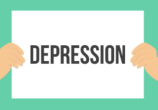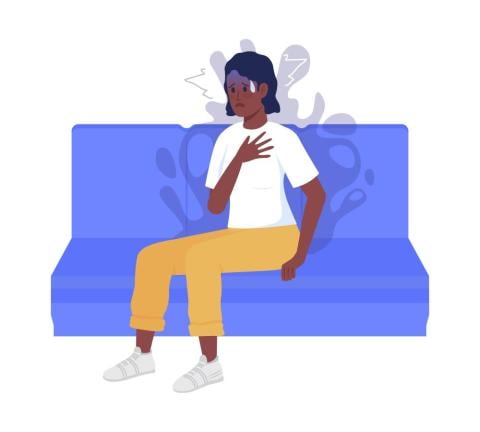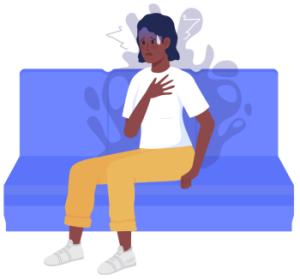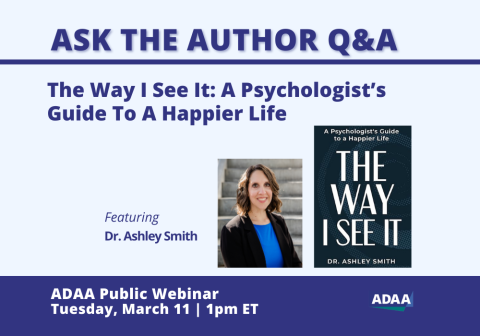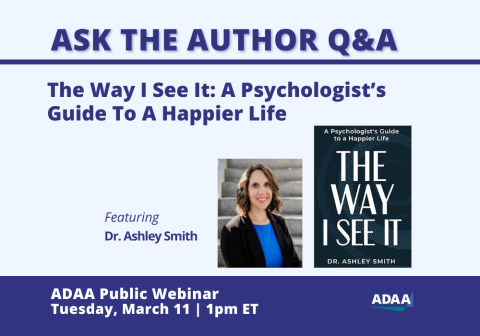How to Beat the Blue Monday (and Beyond) Blues
How to Beat the Blue Monday (and Beyond) Blues
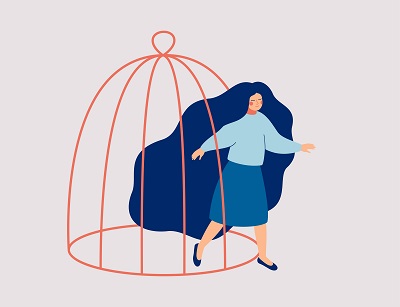
It’s that time of year. The reality that a new year doesn’t magically mean a new experience is sinking in as the optimistically embraced resolutions begin to fall by the wayside. The post-holiday slump sets in. It’s dark and cold. And that’s on a “normal” year. This time, we also get to contend with omicron and pandemic fatigue. Together, it’s a recipe for feeling pretty down. Fortunately, psychology offers us a ton of tips, techniques, and strategies to help ward off the winter blues.
1. Cut Back on Passive Consumption
When motivation, energy, and mood are low we tend to do things that are more passive, rather than active, and more consumption-based as opposed to creation-based. That is, we passively take things in rather than actively put something into the world, and that passive consumption doesn't do us any favors (think scrolling and binging TV). Aim to replace passive consumption activities with some that are productive and theoretically enjoyable.
Doing something productive will give you a sense of accomplishment. Even if you don’t enjoy the task in the moment, it feels good to get it done. When it comes to theoretically enjoyable activities, go for ones that do not involve a screen. Sure, screen-based activities may feel enjoyable in the moment, but they don’t have mood boosting effects. Instead, think of some other activities you used to enjoy and make yourself do one of them for 15 minutes each day. You just might find that once you get going, the enjoyment kicks in.
2. Move Your Body
Physical activity does all kinds of good stuff for your body…and your brain. Without going into the boring details, tons of studies show that exercise has mood boosting effects; it’s a natural antidepressant, antianxiety thing. Winter makes it hard to get outside, but find some way to move your body, get your heart rate up a bit, maybe even break a sweat. Throw on some tunes and dance around, do a workout video from YouTube, do some bodyweight exercises. You may not feel like it, and your mind will give you a million excuses not to, but, if you’re able to override the inertia, I don’t think you’ll regret it.
3. Smile and Laugh
Smile. Even if you don’t feel like it. Even if it’s completely fake. Just do it. And hold it for a couple minutes. You might feel silly, but engaging your smile muscles just might trick your brain into feeling a bit happier. Similarly, laughing can help boost your mood. Find something funny to watch, read, think about, or share. And if all else fails, just start laughing. If you give it long enough, the fake stuff will turn into genuine laughter.
4. Try Some Metta Meditation
Meditation in general is a great practice that tends to lower depression, anxiety, stress, and anger. I’m finding this specific type of meditation to be particularly helpful right now. Metta roughly translates into loving kindness. I’ll admit, I find that hippie dippie name kind of cringe-inducing, but the practice is legit. This particular type of meditation helps you tap into, hold on to, and boost positive emotional states like love, kindness, and compassion. It’s a good antidote to the dark, heavy feelings. Google “metta meditation” or “lovingkindness meditation,” and you’ll find tons of free ones to try out.
5. Tap into Gratitude
Humans have a natural negativity bias, which means that our minds tend to notice, hone in on, and remember negative things more easily than positive ones. This natural bias tends to get amplified when we’re feeling down, making everything seem bleaker than it actually is. Gratitude is a powerful way to help counter that bias while also boosting your mood and even strengthening relationships.
Focusing on and expressing appreciation, to yourself and/or to others, is important all the time, and especially now. It’s not enough to give quick lip service, though. You’ll need to really savor the experience, which means intensifying it by focusing on it, reflecting on it, holding it in mind for a period. Draw out the sweetness of the moment like you’re trying to get the most out of the last bite of something truly delicious. Doing that helps it stick in our minds, giving it a bigger impact.
There’s no right or wrong way to tap into gratitude, but some of my favorites are writing a gratitude letter to someone and sharing it with them, taking a photo to capture the best moment of each day, and writing down your daily bright spots and victories (i.e., the things that went well and things you did well or that were hard).
When It’s More Than Just a Touch of the Blues
While it’s pretty common to have periods of feeling down, sad, or blue, especially this time of year, sometimes it’s more serious than that. Depression is real, and it’s important to recognize it and get proper treatment.
If you’re blues last longer than a week or so, make it difficult for you to function, or make you feel hopeless about the future, especially if that hopelessness brings with it thoughts of self-harm or suicide, it’s time to seek professional help.
Fortunately, there are effective treatment options available. You can find a therapist in your area who treats depression using ADAA’s Find A Therapist tool or by checking with your doctor or your insurance company. Look for therapists who use evidence-based treatments (meaning that science has shown they are effective) like Cognitive Behavioral Therapy (CBT), Acceptance and Commitment Therapy (ACT), Mindfulness-based Cognitive Therapy (MBCT), or Interpersonal Therapy (IPT).
Medications may also be helpful. Talk with your doctor about antidepressants called SSRIs (selective serotonin reuptake inhibitors) and SNRIs (serotonin and norepinephrine reuptake inhibitors) or other medication options that may be appropriate for you.
If therapy and medication are not immediately effective, know that there are other treatment options to explore with your providers (e.g., other medications, TMS, more intensive therapy). Most importantly, know that you are not alone and it can get better.


